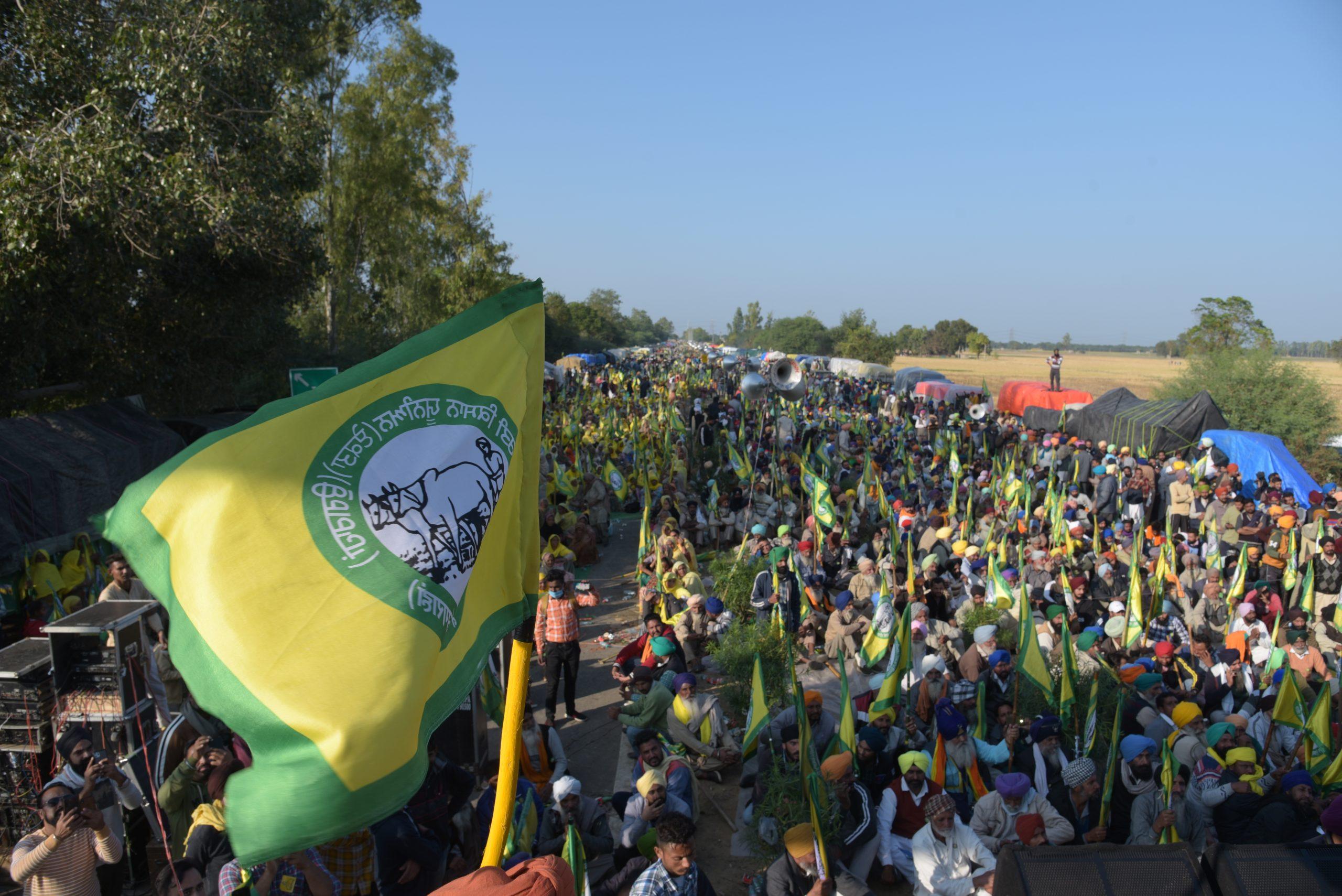In the midst of the ongoing farmer protest, opinions diverge, revealing the multifaceted nature of the situation. People interpret events based on their unique perspectives, leading to varying judgments. The protest, particularly centered around the Minimum Support Price (MSP), has sparked debates about its implications. Let’s delve into key points to unravel the truth behind the farmer protest. Two Sides of the Coin: Government Failure or Political Complexity? In the realm of farmer protests, there are two distinct faces, each shaped by personal perspectives. Some view it as a government failure, while others hesitate to attribute success solely to any political party. Amid these varied views, it becomes crucial to explore the realities and nuances of the situation. Understanding MSP: Minimum Support Price Decoded MSP, or Minimum Support Price, is a lifeline for farmers, providing a predetermined price for their crops set by the government. To illustrate, take wheat as an example. While the international price stands at Rs 18 per kg, the government offers approximately Rs 23 per kg to farmers through MSP. However, by the time it reaches consumers, the price becomes Rs 35 per kg. This scenario places the government at a net loss of Rs 3 per kg. Is the Government Benefitting from MSP? Debunking Assumptions Contrary to assumptions, the government incurs losses by providing MSP to farmers. Despite selling wheat to consumers at Rs. 35 per kg, including manufacturing, transportation, and wage costs, the government faces a deficit of Rs. 3 per kg. This analysis contradicts the notion that the government gains from MSP. Why Are Farmers Protesting? Demanding MSP Increase. Primarily from Haryana and Punjab, farmers are demanding a tenfold increase in MSP, advocating for Rs. 230 per kg of wheat. However, acceding to this demand could lead to a price surge, causing inflation and recession simultaneously, creating chaos in the country. Conclusions: Balancing Perspectives for the Future. Considering both sides, if the government concedes to the demand for an increased MSP, it might be challenging for common people to afford essential crops, leading to inflation. On the flip side, meeting farmers’ demands could bring an end to the distressing instances of farmer suicides and, on average, benefit them. Solutions: A Call for Flexible MSP Policies In navigating this complex scenario, a flexible approach to MSP seems essential. The government should consider adjusting MSP based on weather conditions and other factors. Adapting the MSP to the varying challenges faced by farmers would not only address their concerns but also potentially reduce the frequency of farmer protests in the future. As the dialogue continues between the government and farmers, finding a middle ground that safeguards both agricultural interests and economic stability remains a critical task. The intricate relationship between MSP, farmer welfare, and national economics necessitates a balanced and nuanced approach to foster a sustainable agricultural future for the country.















